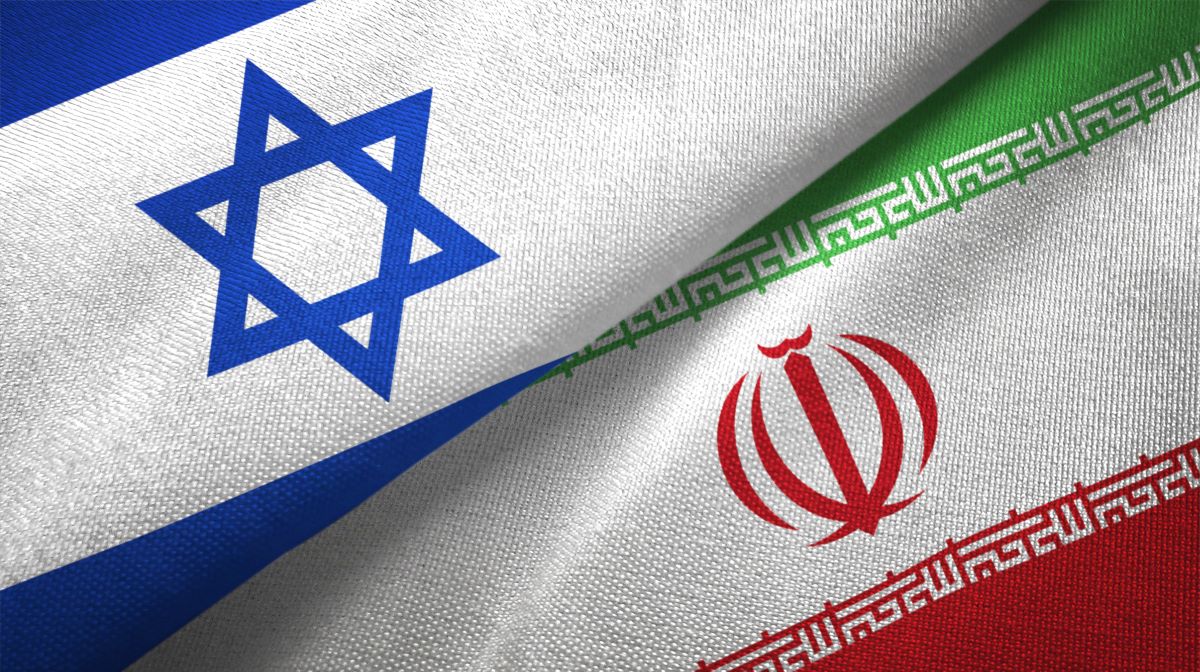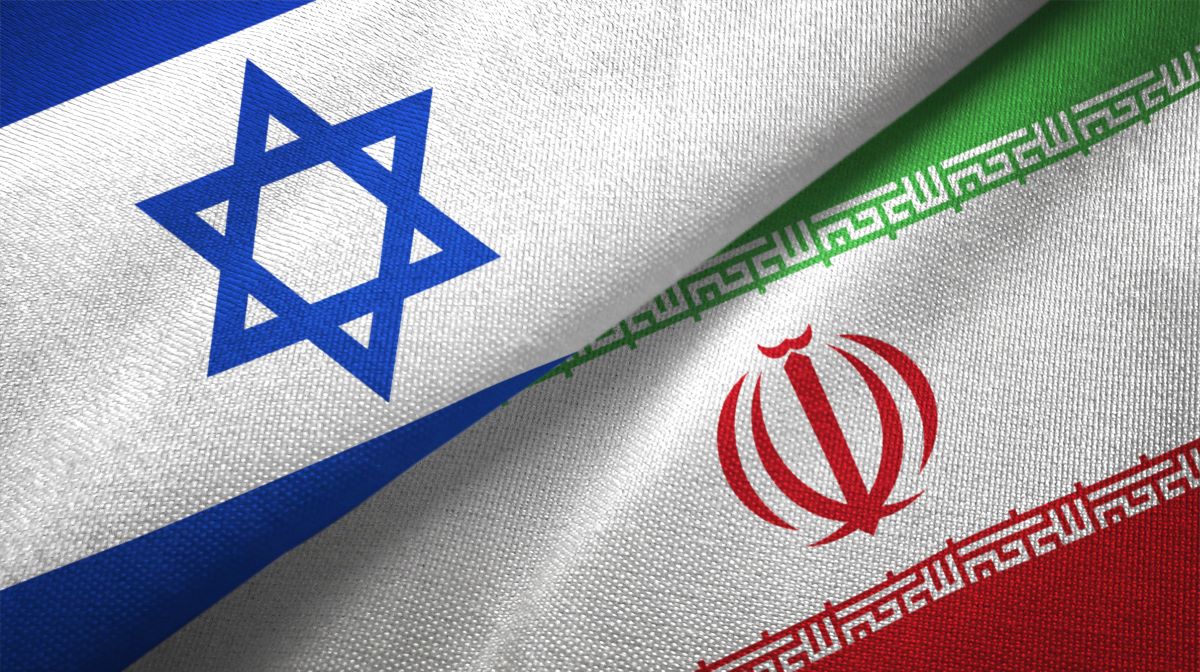Iran Seeks to Resume Nuclear Talks with U.S. to De-escalate the War
Iran has been urgently signaling a desire to end hostilities and resume negotiations over its nuclear program, relaying messages to Israel and the U.S. through Arab intermediaries, according to Middle

Iran has been urgently signaling a desire to end hostilities and resume negotiations over its nuclear program, relaying messages to Israel and the U.S. through Arab intermediaries, according to Middle Eastern and European officials, the WSJ first reported.
Despite a relentless Israeli air campaign, Tehran has indicated to Arab officials its openness to return to the negotiating table—provided the U.S. does not join the military assault. Tehran has also sent messages to Israel stressing that containing the violence serves the interests of both sides.

However, with Israeli warplanes maintaining air superiority over Tehran and Iranian counterattacks causing limited damage, Israeli leaders appear determined to continue their strikes. Their goal is to inflict greater damage on Iran’s nuclear infrastructure and further weaken the theocratic regime’s grip on power.
Israeli airstrikes have killed key military figures, including much of Iran’s air force leadership, isolating Supreme Leader Ayatollah Ali Khamenei. Yet the impact on nuclear sites remains limited, and analysts warn that a prolonged air campaign may be required to achieve Israel’s objectives.
Prime Minister Benjamin Netanyahu has vowed to continue attacks until Iran’s nuclear program and ballistic missile capabilities are destroyed. While he denies that regime change is the goal, he acknowledges it could be a consequence of the Iranian leadership’s fragility.
Israeli officials say their military is prepared for at least two more weeks of strikes. Meanwhile, French President Emmanuel Macron urged Iran to quickly return to negotiations, and Arab leaders have called for an end to the fighting. U.S. President Donald Trump, who initially resisted military escalation, has since expressed support for Israel’s actions.
“I think it’s time for a deal, and we’ll see what happens, but sometimes they have to fight it out,” Trump said on Sunday.
Securing a pause in the conflict would allow Iran to regroup and increase international pressure on Israel’s campaign. It would also prevent the U.S. from deploying its advanced bunker-busting weapons in the conflict, a key concern for Tehran.
Iran appears to believe Israel cannot afford a prolonged war of attrition and will eventually seek a diplomatic resolution, Arab diplomats familiar with Iranian thinking said. Iranian officials doubt Israel has a clear exit strategy and view U.S. support as essential to inflict significant damage on heavily fortified sites like the Fordow uranium-enrichment facility buried under a mountain.
“The Iranians know the U.S. is supporting Israel in its defense and logistics,” an Arab official said. “But they want guarantees the U.S. won’t join the attacks.”
Iran has warned Arab officials that it could accelerate its nuclear program and broaden the conflict if talks with the U.S. do not resume.
Arab intermediaries say there is no sign that Iran is willing to make new concessions. Diplomatic efforts led by the Trump administration stalled over Iran’s refusal to halt uranium enrichment, and talks were abruptly cut short by Israel’s recent strikes.
Before the attacks, a senior Israeli official had declared an end to uranium enrichment as Israel’s minimum demand. Israel and Gulf states are also deeply concerned about Iran’s support for regional militias and ballistic missile programs, which could return to the negotiating agenda if Iran faces significant pressure.
The conflict has expanded beyond military targets, with both sides recently striking each other’s energy infrastructure, escalating civilian casualties.
Persian Gulf countries including Saudi Arabia, Qatar, and Oman have lobbied the U.S. to pressure Israel to halt the fighting. They warn that if Israel and Iran fail to return to negotiations, the conflict risks widening and threatening vital energy assets in the region, with potentially serious consequences for global oil markets and the world economy.
Disclaimer: The views in this article are from the original Creator and do not represent the views or position of Hawk Insight. The content of the article is for reference, communication and learning only, and does not constitute investment advice. If it involves copyright issues, please contact us for deletion.